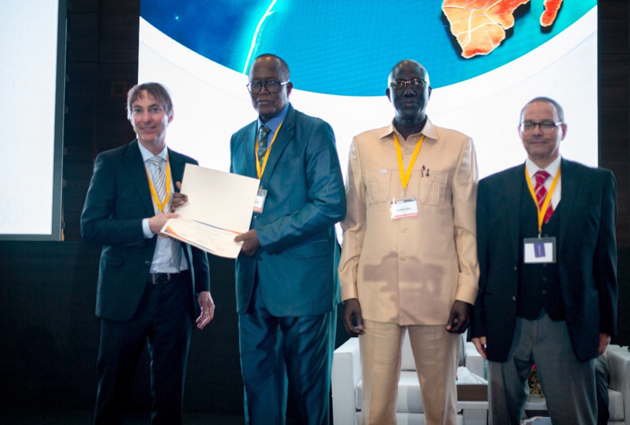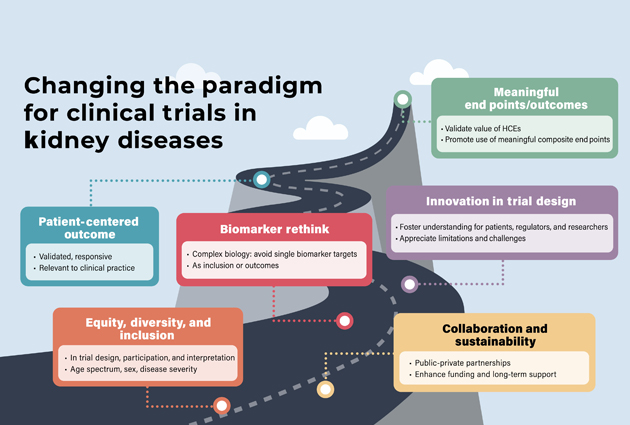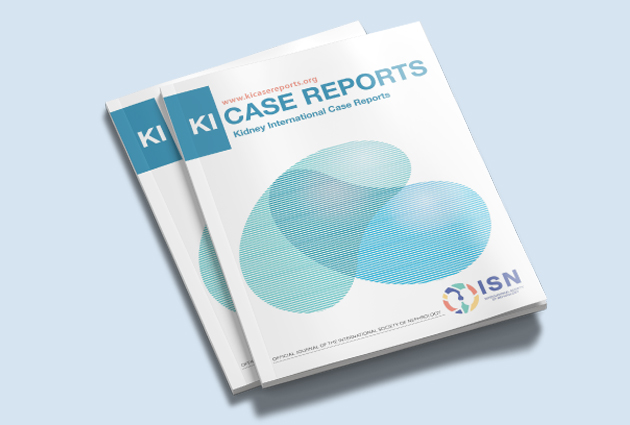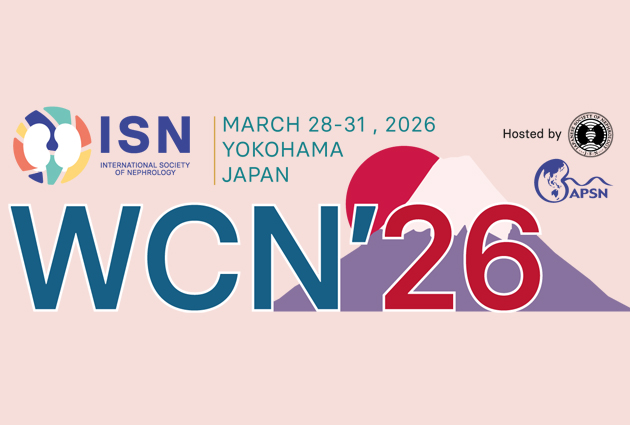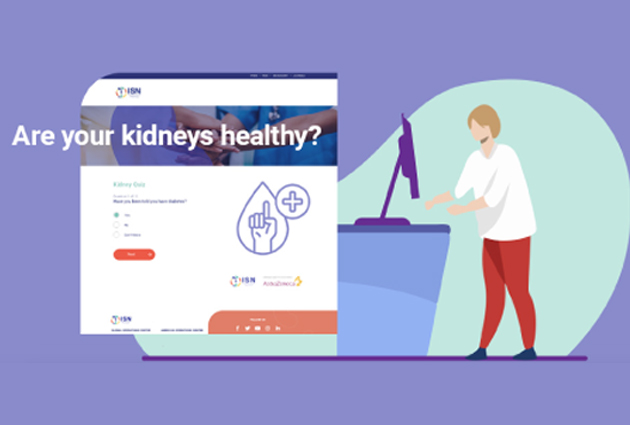A big welcome to the new ISN President
At the General Assembly in Hong Kong, the outgoing ISN President John Feehally introduced his successor Giuseppe Remuzzi.
Remuzzi joined ISN in 1984. “I only became an active member one day in Autumn 1992 when Ike Robinson called and invited me to become member of the ISN Advisory Program Committee for the XIIth International Congress of Nephrology (subsequently called WCN) in Jerusalem,” he explains.
He continues: “This committee, chaired by Barry Brenner, introduced a completely but successful new scientific program format and my participation in this committee was an important event for my future involvement in ISN. From that moment on I stayed in close contact with Barry Brenner, Robert Schrier and John Dirks to discuss about what kind of nephrology we wanted in the future particularly for the more sick impoverished and whether ISN should become morally involved in global health.”
Motivated by his colleagues, he became involved in ISN COMGAN (Commission of Global Advancement of Nephrology nowadays called the Global Outreach program), which was the very beginning of a worldwide global health approach at ISN.
“A few years later, when COMGAN was under the leadership of John Dirks, we thought that it was possibly good to start with some prevention programs for emerging nations with the aim to prevent renal disease progression in areas where dialysis and transplantation was simply not available. Those programs then have been formalized in a Research and Prevention Committee that I was asked to chair for quite a few years.
Today, regarding how he sees ISN evolving. Remuzzi talks about promoting a far reaching program called “Mother and Child Health Promotion”, which aims to approach human diseases from a radical perspective. The hypothesis of the fetal origin of adult chronic non-communicable disease, such as systemic arterial hypertension, diabetes and chronic kidney disease, CKD, has gained experimental and epidemiological support during the last two decades.
“During my presidency I also wish to put the focus especially on acute kidney injury (AKI) in poor and developing countries. The challenges posed by AKI in high-income countries are different from those posed in low-income countries: these are limitation of resources for diagnosis, late or no referral to nephrology services and the lack of access to renal replacement therapy.”
He continues: “ISN may advocate a human right case statement that 0 people should die of untreated acute kidney injury in the poorest parts of Africa, Asia and South America by 2025. This requires leadership by ministries of health, as well as robust governance systems to implement any decision. We can also build on the ground of the collaboration with WHO that we have developed during the last years.
A full interview with ISN President Giuseppe Remuzzi will be published in the upcoming edition of ISN News out this September. CLICK HERE to read this edition of ISN News.





